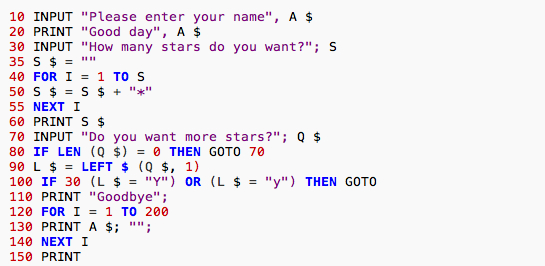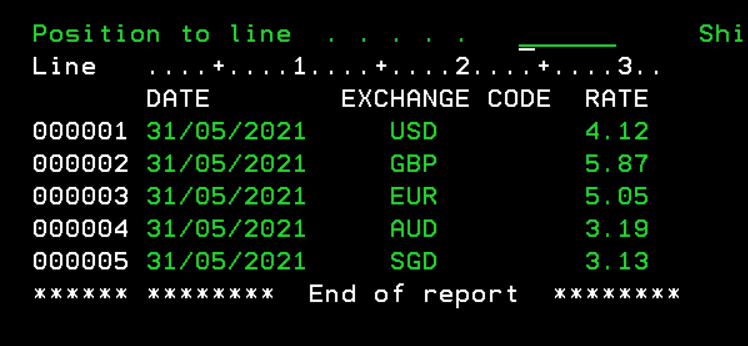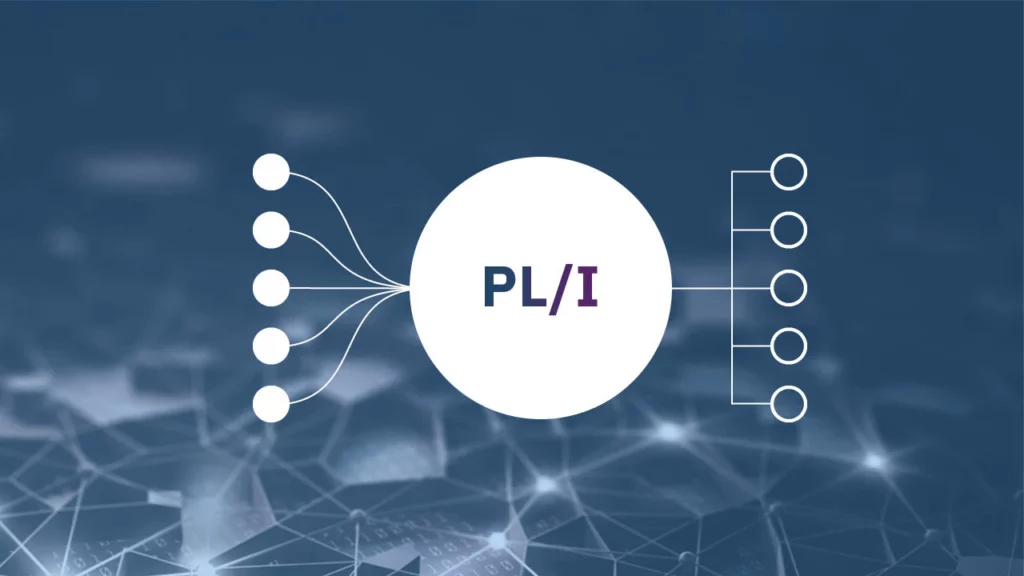Procedural programming is a popular programming paradigm that focuses on the sequence of instructions required to solve a problem. It is a fundamental concept in computer programming that involves dividing a program into small, reusable functions. The concept of procedural programming has been around for decades, and it continues to be an essential part of modern programming languages.
In this article, we will discuss the ten procedural programming languages that you should know about in 2023.
Table of Contents
What is a Procedural Programming Language?

A procedural programming language is a programming language that follows the procedural programming paradigm. It involves writing a series of step-by-step instructions or procedures to accomplish a specific task. These instructions are organized into functions that can be called by other parts of the program. Procedural programming languages are popular for their simplicity, readability, and ease of maintenance.
1. C

C is a procedural programming language that has been around since the 1970s. It is a low-level language that provides direct access to hardware resources, making it ideal for developing system software and device drivers. C is also widely used in embedded systems and operating systems.
C is a powerful language that offers a high degree of control over the computer’s memory and resources. However, it can be difficult to learn for beginners due to its complex syntax and memory management.
2. Pascal
Pascal is a procedural programming language that was designed in the late 1960s. It was named after the French mathematician Blaise Pascal and was initially intended for teaching programming concepts. Pascal is known for its simplicity and readability, making it an excellent language for beginners.
Pascal is still widely used in education and is also used for developing scientific and engineering applications. It is a statically typed language, which means that variables must be declared before use.
3. Fortran
Fortran (short for Formula Translation) is a procedural programming language that was initially developed for scientific and engineering applications. It has been around since the 1950s and is still widely used in high-performance computing and scientific research.
Fortran is a powerful language that provides excellent performance and support for parallel processing. It is also known for its excellent numerical capabilities and is widely used for numerical analysis and simulations.
4. COBOL
COBOL (short for Common Business-Oriented Language) is a procedural programming language that was designed for business applications. It has been around since the late 1950s and is still widely used in banking, finance, and other industries.
COBOL is known for its verbosity and is often criticized for its outdated syntax. However, it remains a popular language in the business world due to its reliability and maintainability.
5. Ada
Ada is a procedural programming language that was initially developed for the US Department of Defense. It is a high-level language that is designed for developing large, complex systems. Ada is known for its reliability, safety, and security features.
Ada is a statically typed language that provides excellent support for object-oriented programming and concurrency. It is widely used in aerospace, defense, and other safety-critical applications.
6. BASIC

BASIC (short for Beginner’s All-purpose Symbolic Instruction Code) is a procedural programming language that was designed for beginners. It has been around since the late 1960s and was popularized by the early personal computers.
BASIC is known for its simplicity and ease of use. It is an interpreted language that is widely used for teaching programming concepts and for developing small applications.
7. RPG

RPG (short for Report Program Generator) is a procedural programming language that was initially developed for business applications. It has been around since the 1960s and is still widely used in IBM AS/400 systems.
RPG is known for its fixed-format syntax, which can be challenging to learn for beginners. However, it provides excellent support for database access and business logic.
8. ALGOL
ALGOL (short for Algorithmic Language) is a procedural programming language that was designed for scientific and engineering applications. It has been around since the 1950s and was influential in the development of subsequent programming languages.
ALGOL is known for its mathematical capabilities and support for complex data structures. However, it is not widely used today, as more modern programming languages have emerged.
9. Modula-2
Modula-2 is a procedural programming language that was designed as an extension of Pascal. It was developed in the late 1970s and is known for its modular programming features.
Modula-2 provides excellent support for encapsulation and information hiding, making it ideal for developing large, complex systems. It is also widely used in education and research.
10. PL/I

PL/I (short for Programming Language One) is a procedural programming language that was designed for business and scientific applications. It has been around since the 1960s and was once considered a competitor to COBOL and Fortran.
PL/I is known for its flexibility and support for multiple programming paradigms, including procedural, object-oriented, and functional programming. However, it is not widely used today, as more modern programming languages have emerged.
Conclusion
Procedural programming languages have been around for decades and continue to be an essential part of modern programming. Each language has its strengths and weaknesses, and the choice of language depends on the specific requirements of the project.
In this article, we discussed ten procedural programming languages that you should know about in 2023. These languages include C, Pascal, Fortran, COBOL, Ada, BASIC, RPG, ALGOL, Modula-2, and PL/I.
Whether you’re a beginner or an experienced programmer, learning a procedural programming language can enhance your programming skills and open up new opportunities. So, pick a language that interests you, and start exploring the world of procedural programming! Are you interested to learn functional programming languages? Click on this link for functional programming languages.
